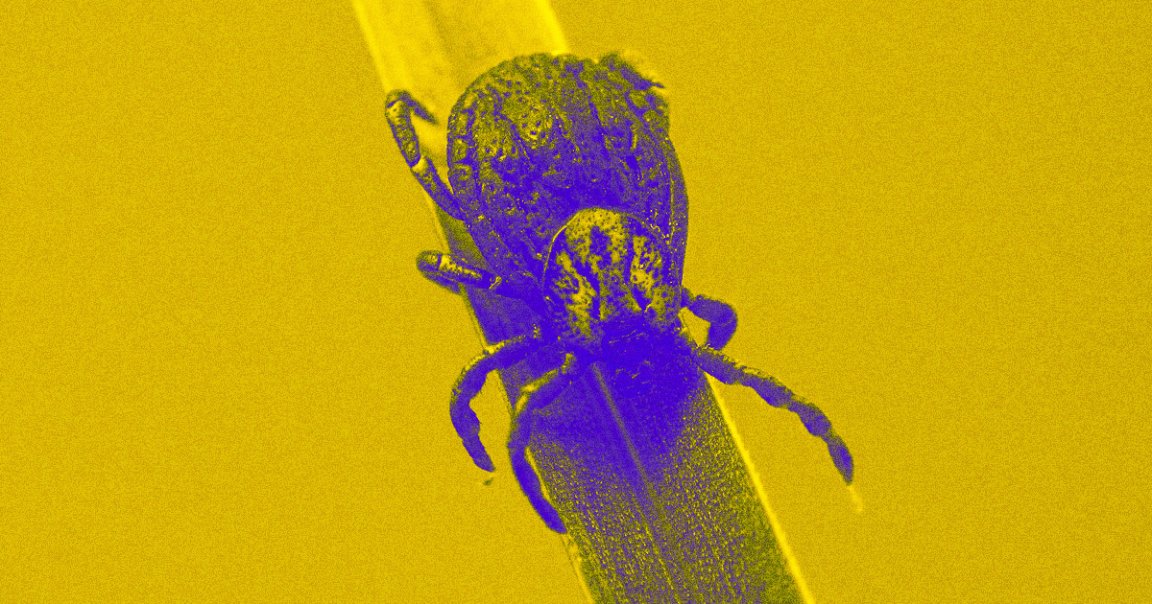
Just when you thought we didn’t have enough deadly diseases or fungi to worry about, another one rears its head: Babesiosis, a severe and sometimes fatal disease carried by ticks, everyone’s least-favorite discreet arachnid enemies.
Once considered extremely rare, the CDC now reports that there’s been a drastic (ahem) uptick of the disease in the Northeastern United States.
Caused by parasites, babesiosis infects red blood cells and inflicts flu-like symptoms in some patients, including fever, muscle, head, and joint aches, nauseau, and fatigue. It’s particularly dangerous to the immunocompromised, while some people don’t exhibit symptoms at all. But don’t let that undermine the risk it poses to your health.
To wit: It’s typically spread by deer ticks, who slurp up the infected blood of rodents containing the parasites. According to the CDC’s research, tick-borne diseases in general have increased by 25 percent, from 40,795 cases in 2011 to 50,856 in 2019. For babesiosis, 16,456 cases were reported.
To give an idea of how drastically the latter’s tally shot up, the total number of cases in 2011, which was a little over 1,100, has doubled to nearly 2,400 in 2019.
During that period, babesiosis spread from the previous seven states it was originally endemic in, to a total tally of ten: Connecticut, Maine, Massachusetts, Minnesota, New Hampshire, New Jersey, New York, Rhode Island, Vermont, and Wisconsin. Among them, New York had the most total cases at 4,738.
While the numbers have stayed steady for most of the Midwestern states, the northeastern ones have almost universally shot up. Maine, for example, only had 9 cases in 2011, but in 2019, it reported 138.
What’s driving the spread is likely warmer temperatures due to climate change that makes the colder climates of the northeast more habitable for ticks.
In addition, deers have been growing in number too, which spread ticks and are a favorite for them to feed on.
The surge of the disease could have another unexpected consequence, according to the CDC: hiccups in the blood supply. Because babesiosis can be transmitted through blood transfusions, the health agency is now recommending screening for the disease in fourteen states.
More on things that can kill you: We’re Totally OK With This 48,500 Year Old “Zombie” Virus Being Resurrected